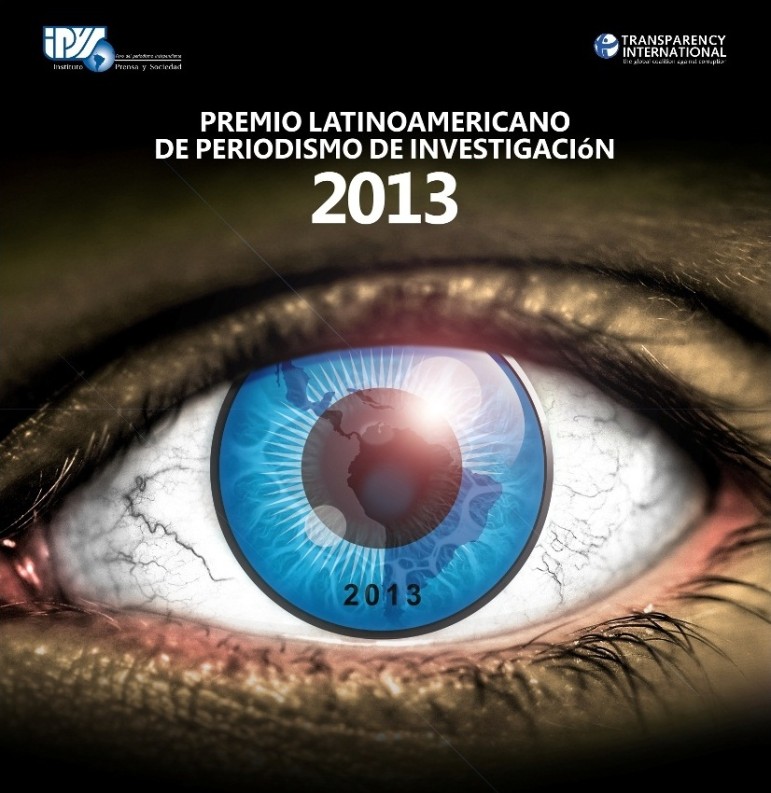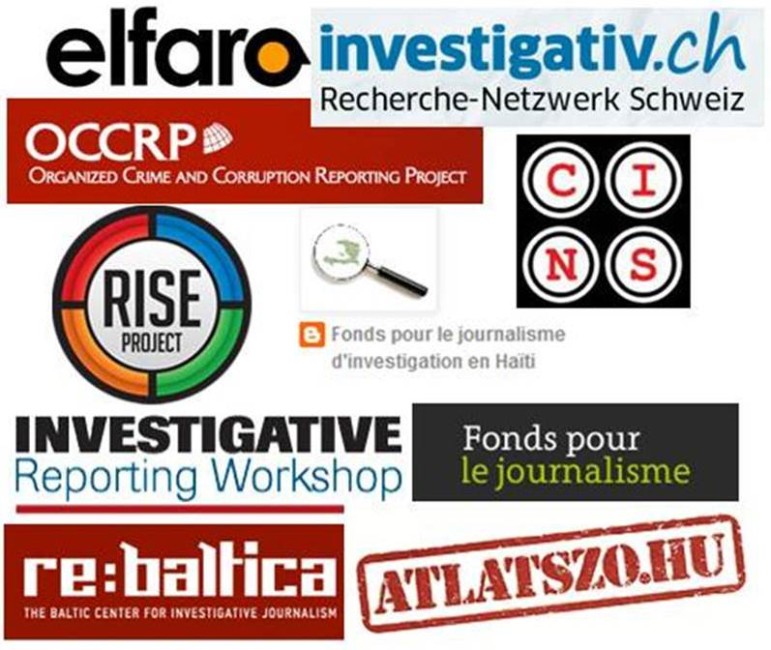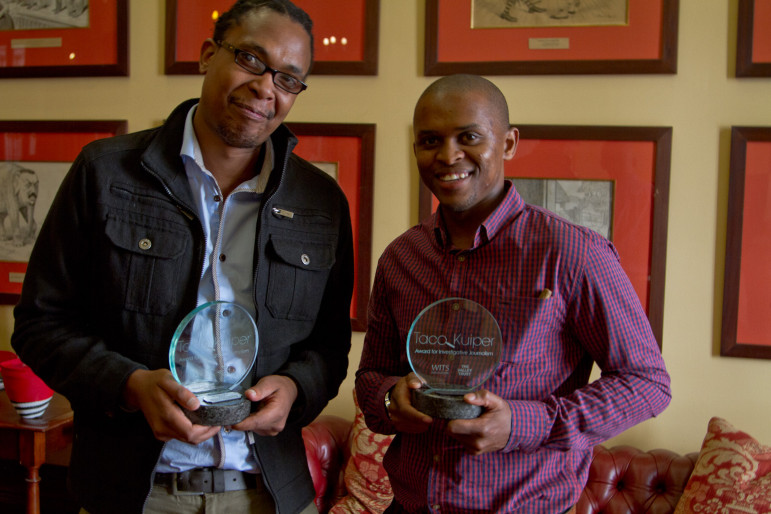
News & Analysis
Latin American Investigative Journalism Awards Now Open
Applications are open for the coveted Latin American Investigative Journalism Awards. Organized by the Instituto Prensa y Sociedad (IPYS) and Transparency International, the competition offers US$30,000 in awards, including a grand prize of $15,000. Deadline to apply is June 14. The awards will be presented at the Global Investigative Journalism Conference in Rio this October.








